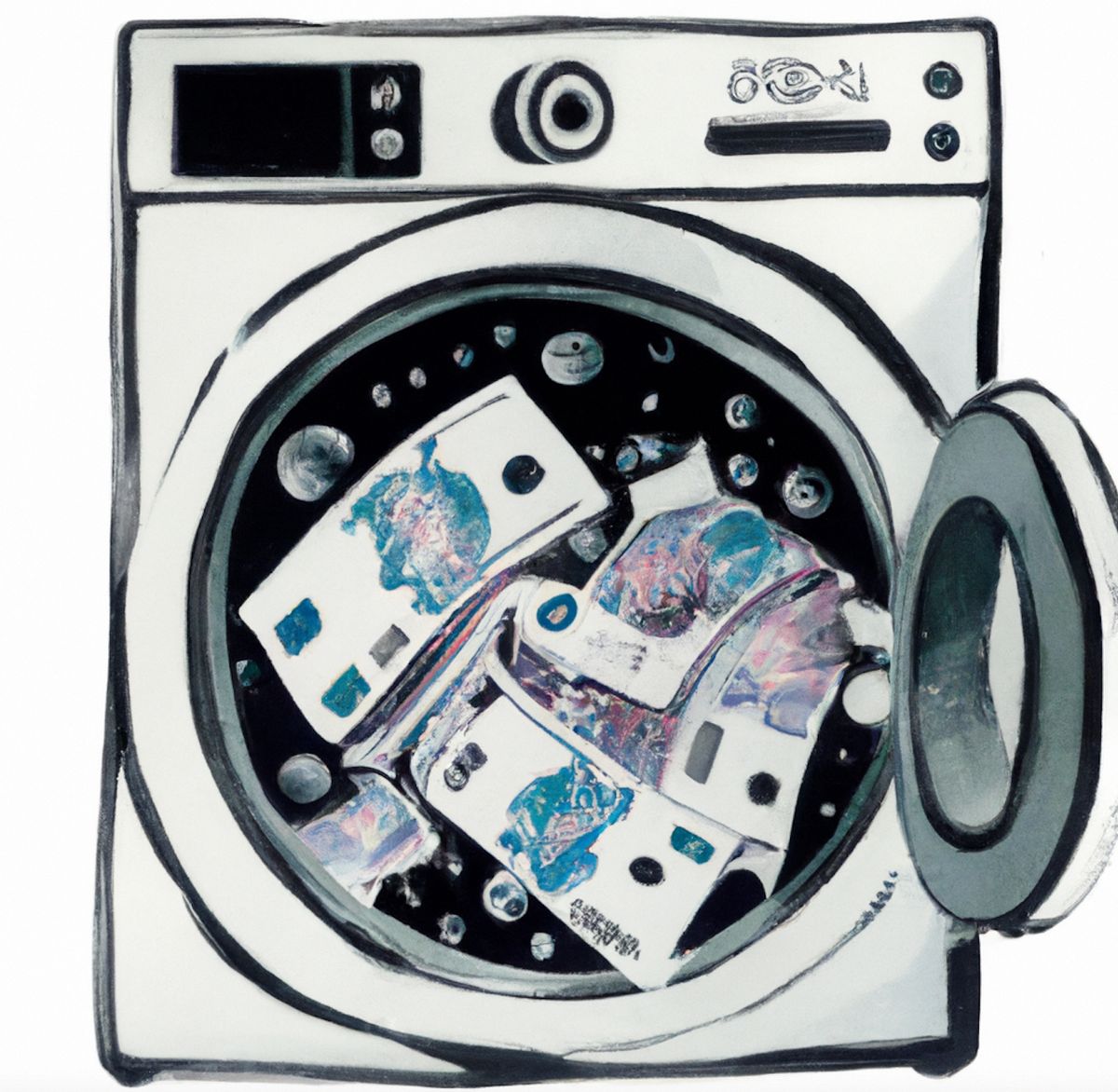'Laundered' Crude from China, Others, Help Skirt G-7 Sanctions

The Lede: China, and a handful of other countries, have been dramatically increasing their imports of Russian crude and selling oil products to Western countries that have sanctions on Russia
What We Know:
- According to a new report by the Centre for Research on Energy and Clean Air (CREA), a nonprofit think tank researching energy and air pollution based in Helsinki, most of the G-7 countries that ban Russian oil have collectively imported nearly $46 billion worth of refined oil products from countries that have sharply increased purchases of crude oil from Russia. The countries selling to the West include China, India, Turkey, UAE, and Singapore.
- 56% of Russian crude oil shipped to ‘laundromat countries’ and 74% of oil products exported from those countries have been transported by vessels owned or insured by price-cap imposing countries between December 2022 and February 2023.
- Imports of refined oil products by price-cap countries from the five ‘laundromat countries’ rose by more than 10 million tons in the year since Russia's invasion compared to the prior year.
The Background: In December 2022, the EU banned seaborne imports of Russian crude and joined the G-7 in imposing a price cap of $60 per barrel. The sale of Russian oil goes for a steep discount to ‘laundromat countries’ under the price cap and sanctions and Russia’s revenues remain muted. The countries that have banned Russian crude generally do not have restrictions on the import of refined oil products from the ‘laundromat countries.’
Likely Outcomes:
- The loophole that separates crude and refined oil products will likely continue to persist as Western countries grapple with costs and supplies of energy resources. Western price caps will continue to make Russian crude attractive to non-sanctioning countries and provide an incentive to keep re-packaging it for the global market.
- This trend may also lead to increased de-dollarization in oil transactions with Russia as some of these countries have considered alternative payment settlement currencies in recent months. The Chinese yuan has emerged as a rising currency in the energy market.
- OPEC may respond to this trend with production coordination with Russia. Vladimir Putin and Saudi Arabia’s Crown Prince Mohammed bin Salman discussed a common approach to managing oil production, especially the supply cuts as part of the OPEC+ agreement.
Quotables:
"We call these five countries that have increased purchases of Russian oil and 'launder' it into products shipped to countries having sanctioned Russian oil the 'laundromat' countries…This is currently a legal way of exporting oil products to countries that are imposing sanctions on Russia as the product origin has been changed." – Centre for Research on Energy and Clean Air report
Good Reads:
China and India ‘launder’ Russian oil and resell it to Western nations that sanctioned Moscow, study says (Business Insider Mexico)
The Laundromat: How the price cap coalition whitewashes Russian oil in third countries (CREA)
